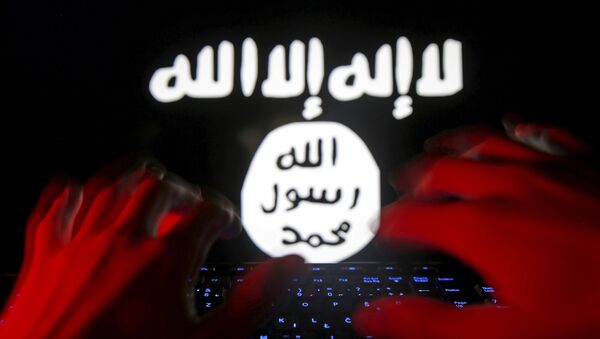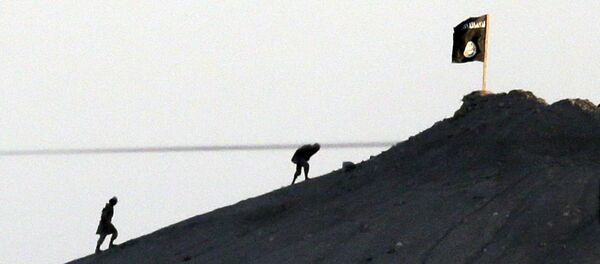The lawsuit suggests that Daesh has used social media for the last few years to distribute propaganda, raise money and recruit members.
For instance, the leader of Daesh’ British division, Omar Hussain, was spotted by media recruiting members through Facebook. Google’s YouTube has been used for posting videos of brutal Daesh executions. In another case, Daesh sympathizers posted to Twitter images of murdered soldiers with the hashtag #AMessagefromISIStoUS.
“Anyone can report terrorist accounts or content to us, and our global team responds to these reports quickly around the clock," Facebook spokesperson said. "If we see evidence of a threat of imminent harm or a terror attack, we reach out to law enforcement. This lawsuit is without merit and we will defend ourselves.”
Twitter claims to have shut down some 125,000 Daesh-linked accounts up to February, according to a blog, but the company is being sued for the second time in a year.
id=743131863343108096 <Daily suspended daesh > @Ayla2217 < is rapidly #TangoDown GJ all & @safety! pic.twitter.com/ScgQpvLkjP
— Zeus Anon (@anonzeus3) June 15, 2016
“We have teams around the world actively investigating reports of rule violations, identifying violating conduct, and working with law enforcement entities when appropriate. We believe this lawsuit is without merit,” a Twitter spokesperson said to International Business Times.
Tech companies claim that such a scenario will lead to more insecurity in social media. This time they have fought back, appealing Section 230 of the Communications Decency Act, that web-based hosts are not responsible for the content posted by users.





